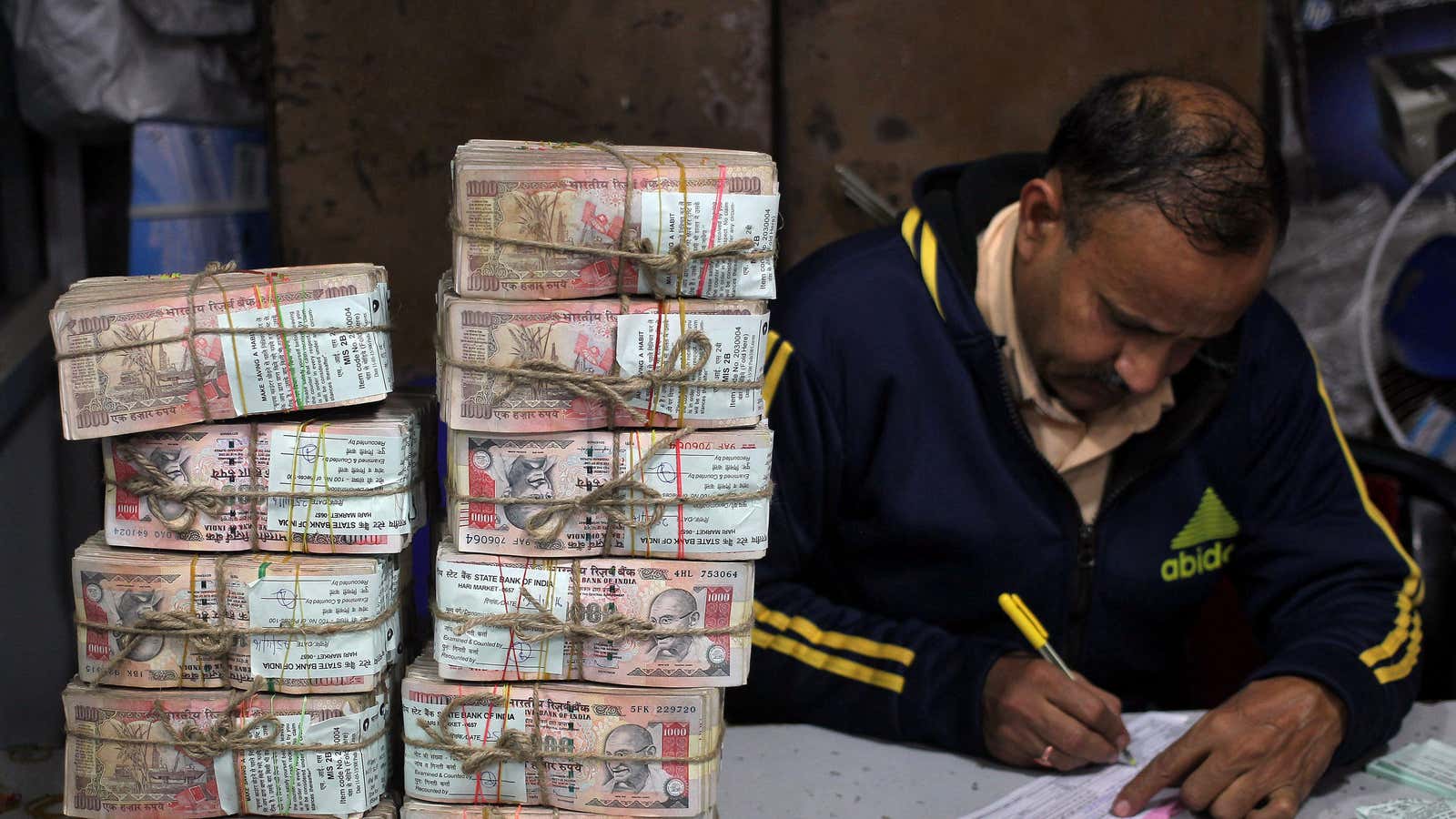The Indian economy is going through one of its worse phases in living memory. Yet, not all is lost.
The country’s foreign exchange reserves are at an all-time high of over $500 billion (Rs37.92 lakh crore), according to data released by India’s central bank on June 12.
The strong forex pool provides stability in today’s grim economic conditions. “There is of course a cost to having very high FX reserves (it earns low returns), but that cost needs to be weighed against the aspect of financial stability that it provides,” said Arvind Chari, head-fixed income and alternatives, Quantum Advisors.
The rise of forex
The reasons behind the swelling forex reserves are India’s shrinking import bill, an increase in foreign direct investments (FDI), improved inflows from foreign portfolio investors (FPIs) into the stock and debt markets, and the Reserve Bank of India’s (RBI) buying spree.
Brent crude oil prices have fallen sharply since the beginning of the year, hitting a 20-year low in April. This means India has to shell out fewer dollars for importing oil, which makes up a large part of its imports. India is likely to save $59 billion on oil imports this year, according to a report dated May 26 by Mumbai-based Motilal Oswal Financial Services.
Besides this, foreign money flowing into India is filling the forex coffers. Over the last couple of months, oil-to-telecom conglomerate Reliance Industries alone has attracted foreign investment worth more than Rs1 lakh crore by selling stakes in its Jio Platforms.
Foreign portfolio investors (FPIs) have also rekindled their interest in Indian equities. In May, foreign investors put over Rs9,089 crore in Indian stock exchanges in the first three weeks of May, supporting the markets, which rallied by 2,500 points (Sensex). In June, the trend has continued with FPIs pumping more than Rs20,000 crore.
But the RBI doesn’t believe that the money flowing into the stock markets is sticky, according to analysts, and hence it is on a forex buying spree of its own. “RBI governor Shaktikanta Das had said that there is a disconnect between the stock markets and economic scenario in India. Hence its buying dollars in case foreign investors decide to steer away of Indian equities,” said Anindya Banerjee, currency strategist at Kotak Securities.
He added that between 20% and 35% of forex assets are held in non-dollar currencies. “These assets, which are in other foreign currencies (euro, pound, and yen), are appreciating against the dollar and this too is pushing up the forex reserve valuations,” he said. These currencies are converted into dollars while valuing the total forex reserves.
Friends with benefits
The biggest beneficiary of strong forex reserves is the Indian currency. The central bank is building a forex war chest to prevent depreciation of the rupee.
“When global risk sentiment worsens and the US dollar rallies, foreigners pull out money from Indian equities and bonds, resulting in capital outflows. The RBI can use the war chest to manage the pace and the extent of the rupee depreciation,” said Chari of Quantum Advisors.
The effects of holding a huge amount of forex reserves are already visible. After depreciating initially in April, the Indian rupee is stabilising. Motilal Oswal Financial Services expects the rupee to stabilise at Rs74–75 against a dollar.
Pointing to 2013 when the Indian rupee depreciated by more than 20% in a span of just 4-6 weeks, Chari states that “the size of the forex reserves with respect to the current account deficit and portfolio flows becomes a key determinant of whether the currency can come under a speculative attack.”
Apart from protecting the rupee, large forex reserves act as an assurance to the world that India can meet its external obligations like payment for imports. Analysts believe it creates an impression of stability, which is very important in the current economic conditions. Subsequently, this can also guard against any further ratings downgrade.
